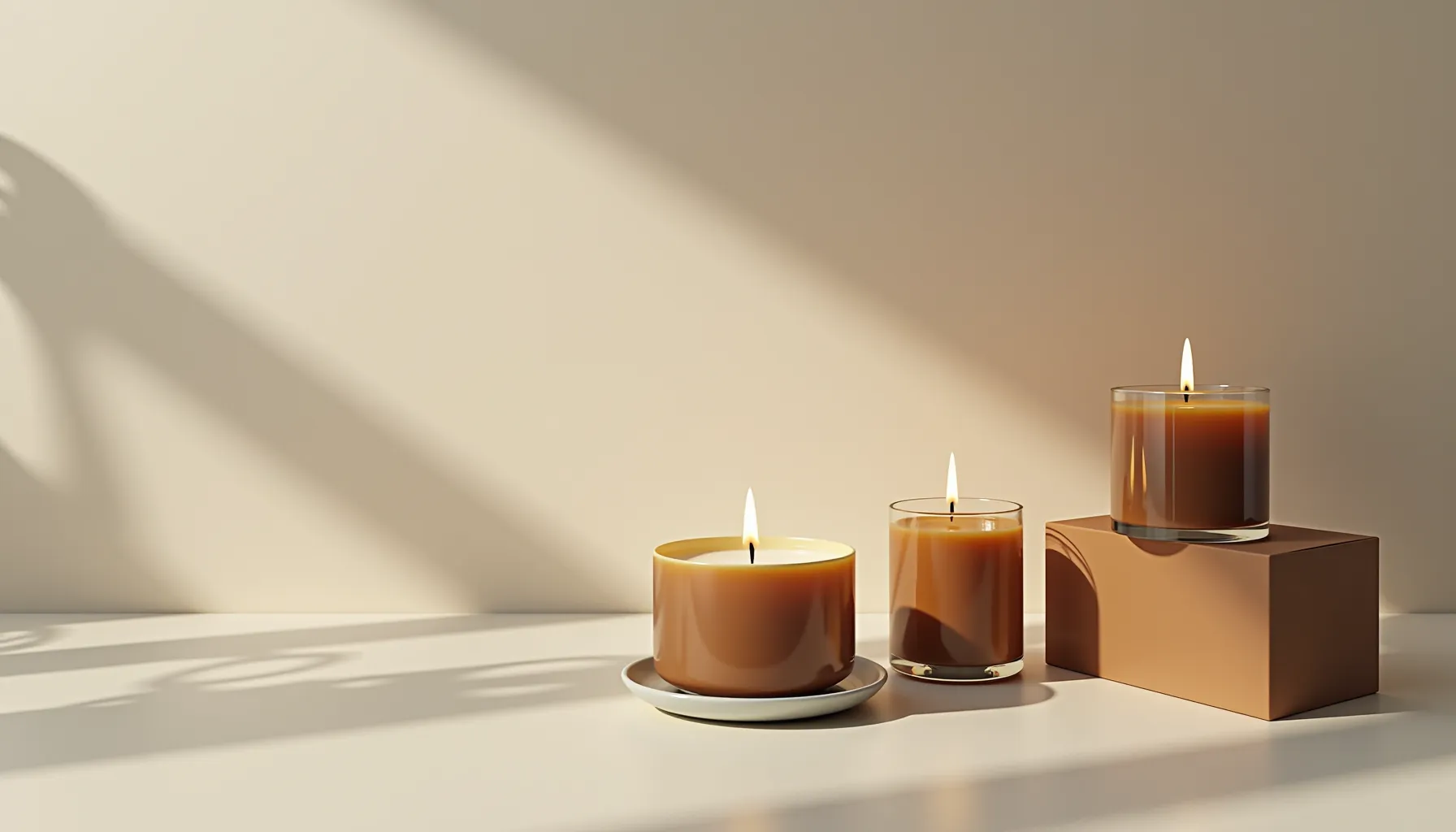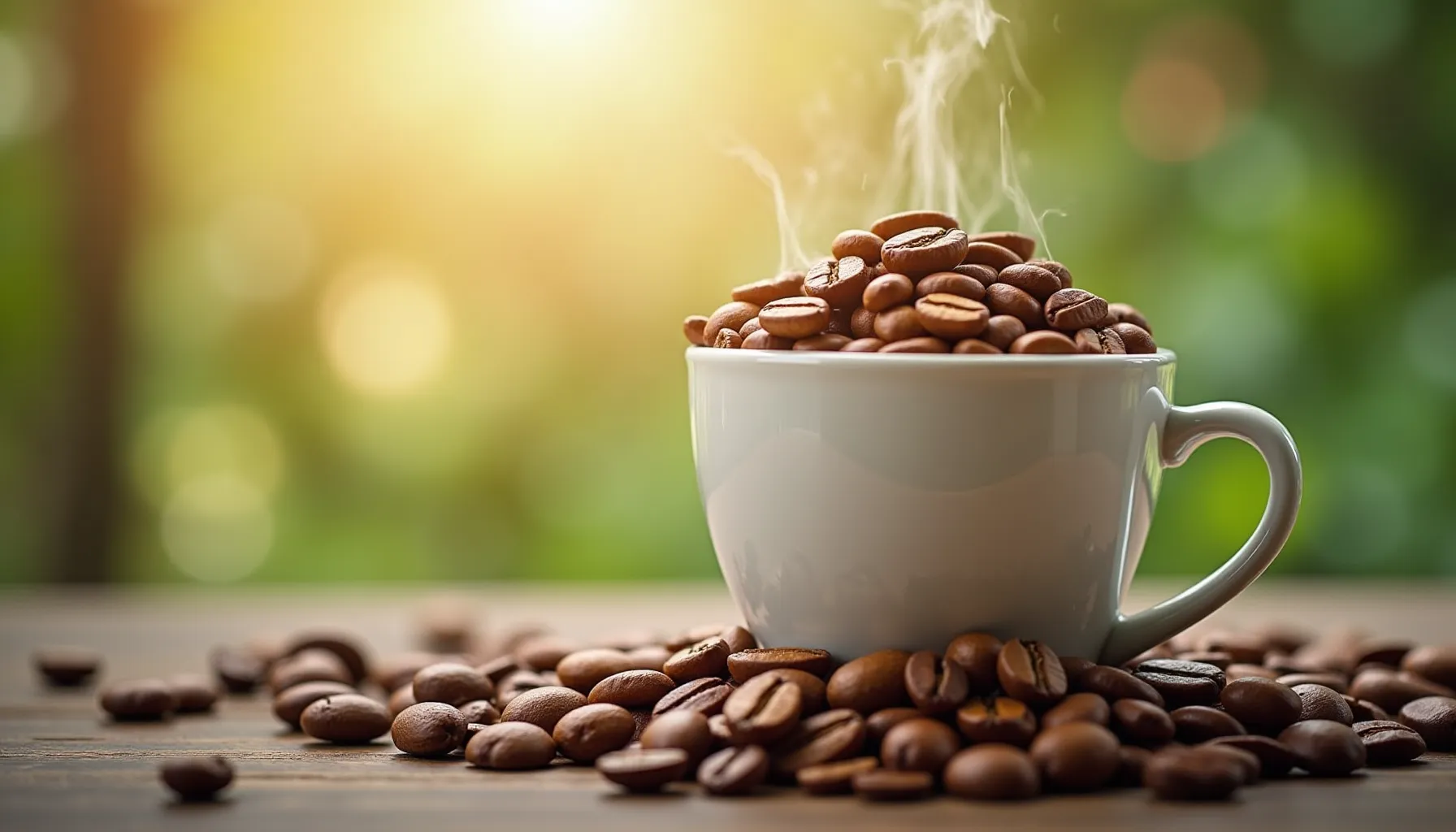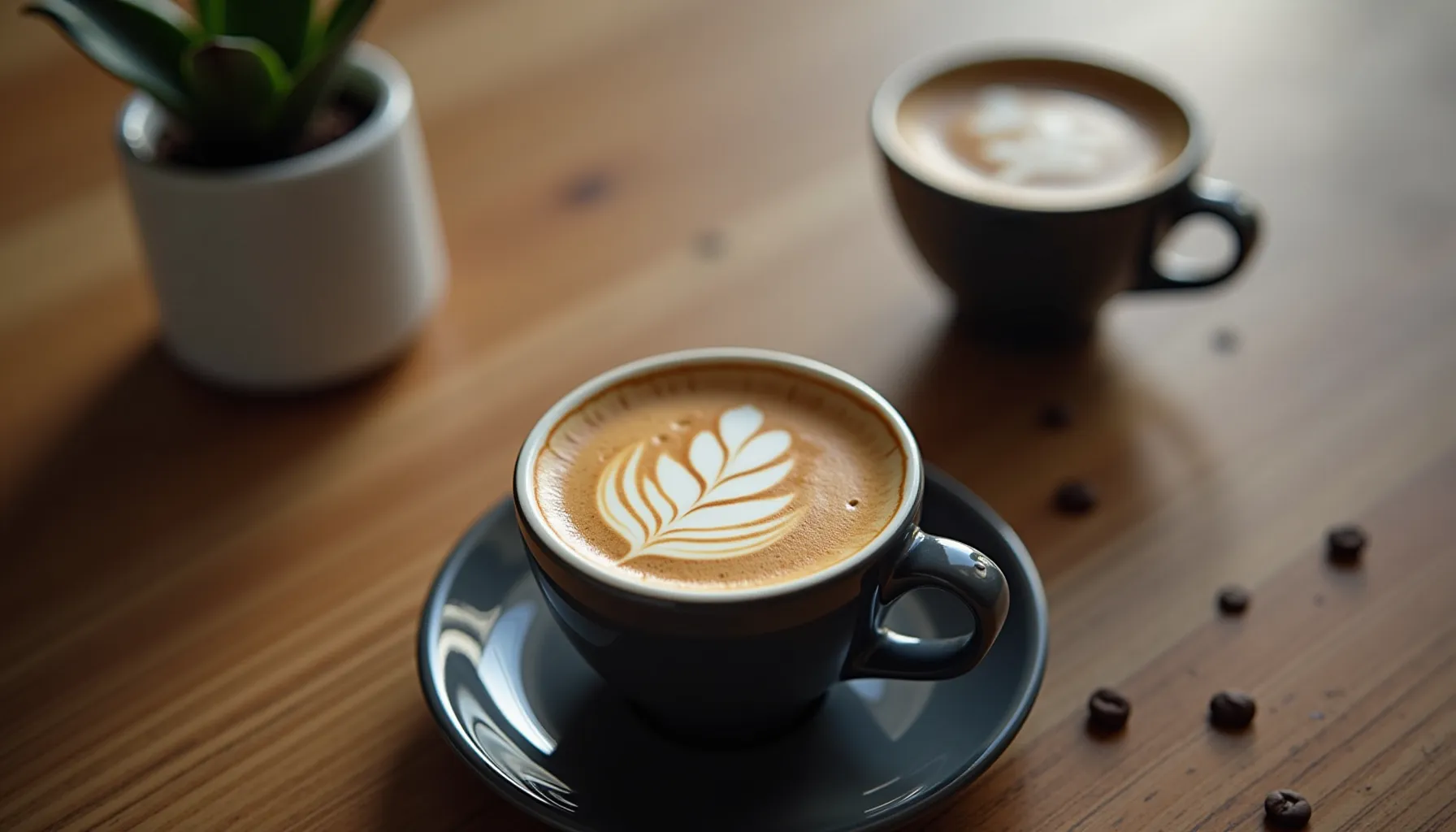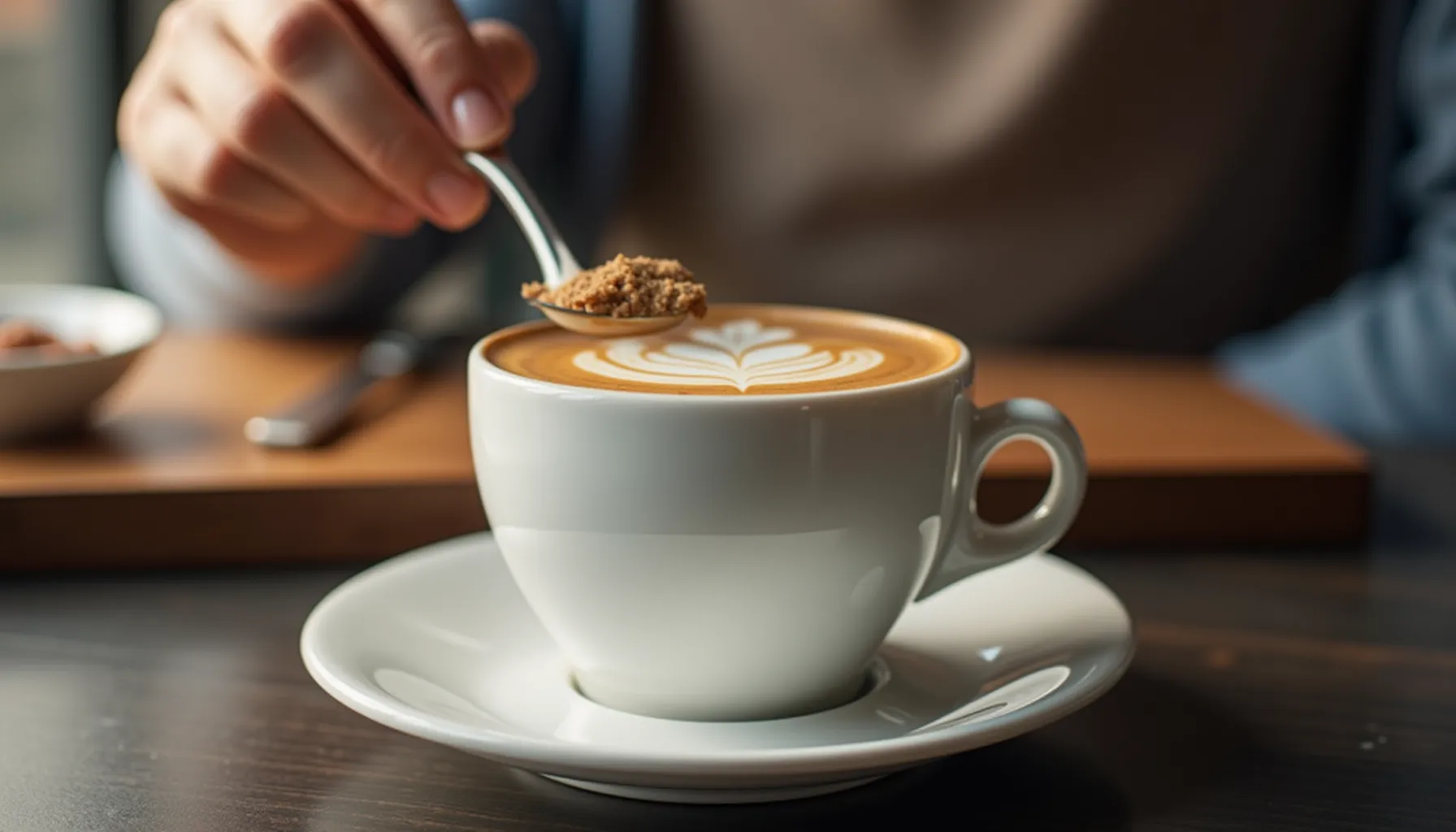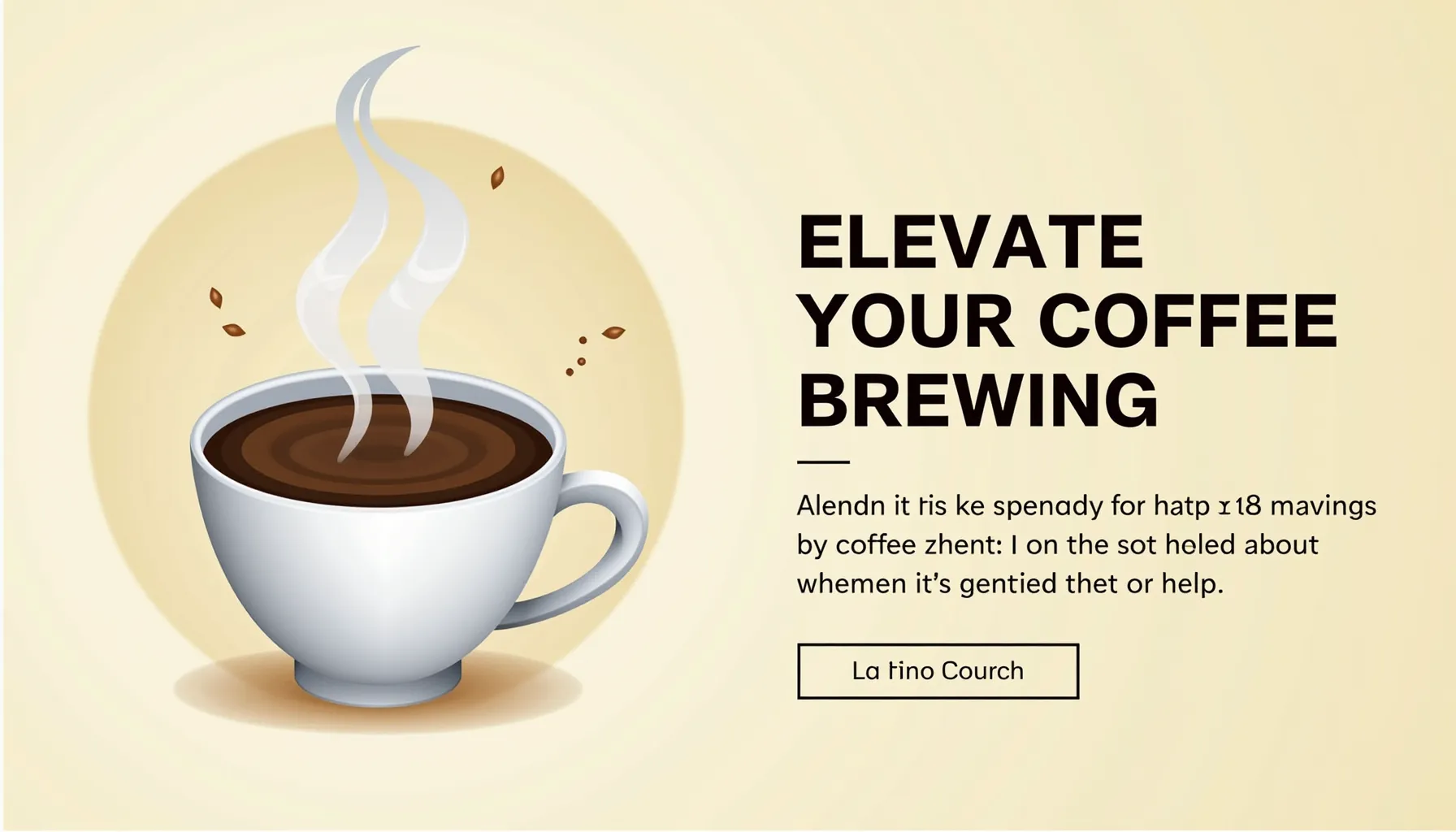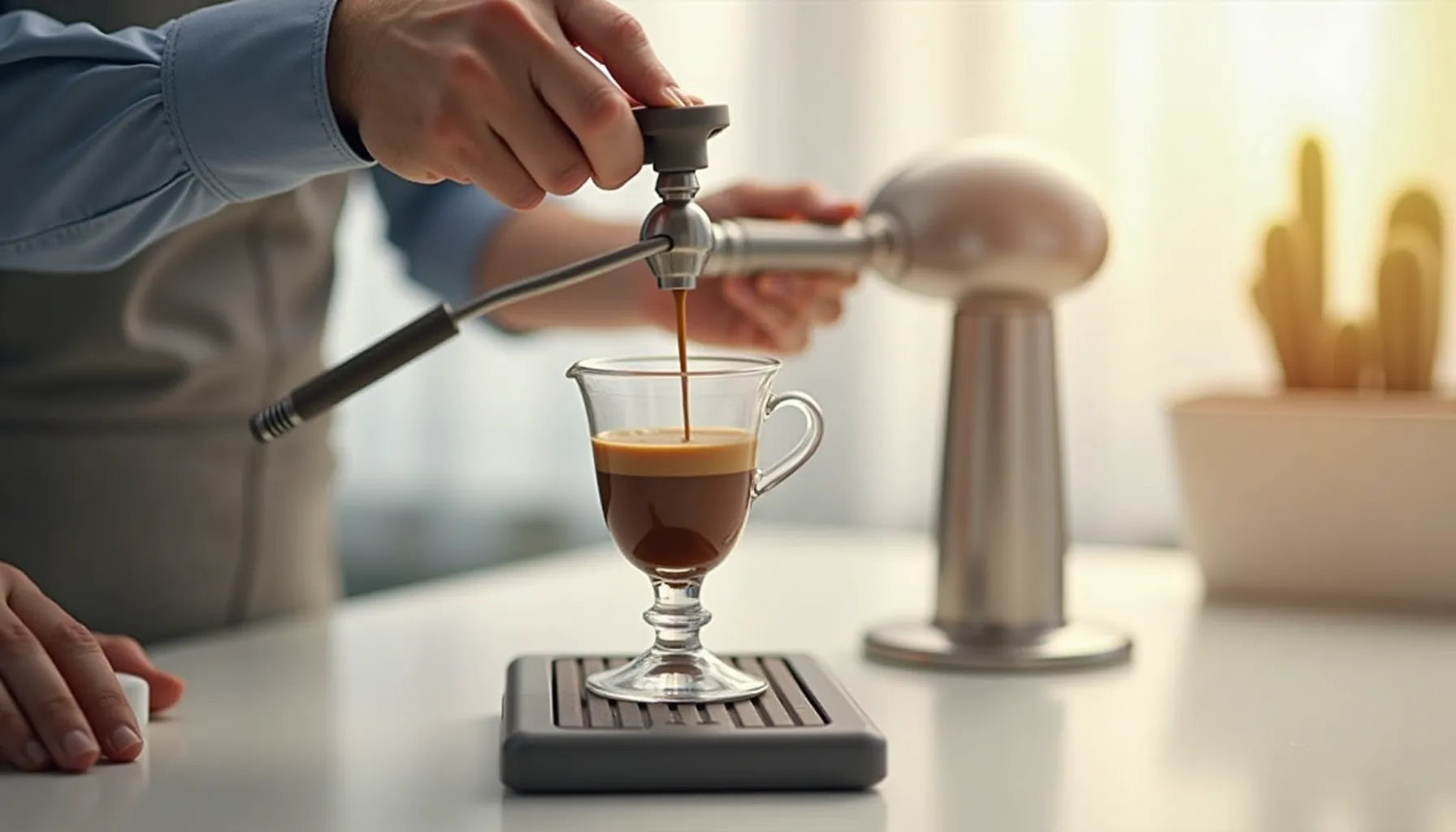Best Decaf Coffee – Quality Brews Without the Buzz
If you’re on the hunt for the best decaf coffee, you’re not alone. With more people seeking out delicious brews that offer the rich flavors of coffee without the jitters, the world of decaf has exploded with options. Whether you want to enjoy a cup in the evening or simply prefer to minimize your caffeine intake, there’s amazing decaf waiting just for you. But not all decaf is created equal—it's essential to know how decaffeination works and what to look for to ensure you’re getting a quality cup.
In this comprehensive guide, we’ll explore the top decaf coffees on the market, delve into the different roasting methods, and share tips on brewing the perfect cup. You’ll learn how to identify quality brands and understand the health benefits associated with decaf. So, let’s dive right in!
Key Takeaways
- Explore various decaffeination methods impacting flavor.
- Discover top recommendations for the best decaf coffee brands.
- Learn brewing techniques to enhance flavor.
- Understand the health benefits of decaf coffee.
- Avoid common pitfalls when selecting decaf options.
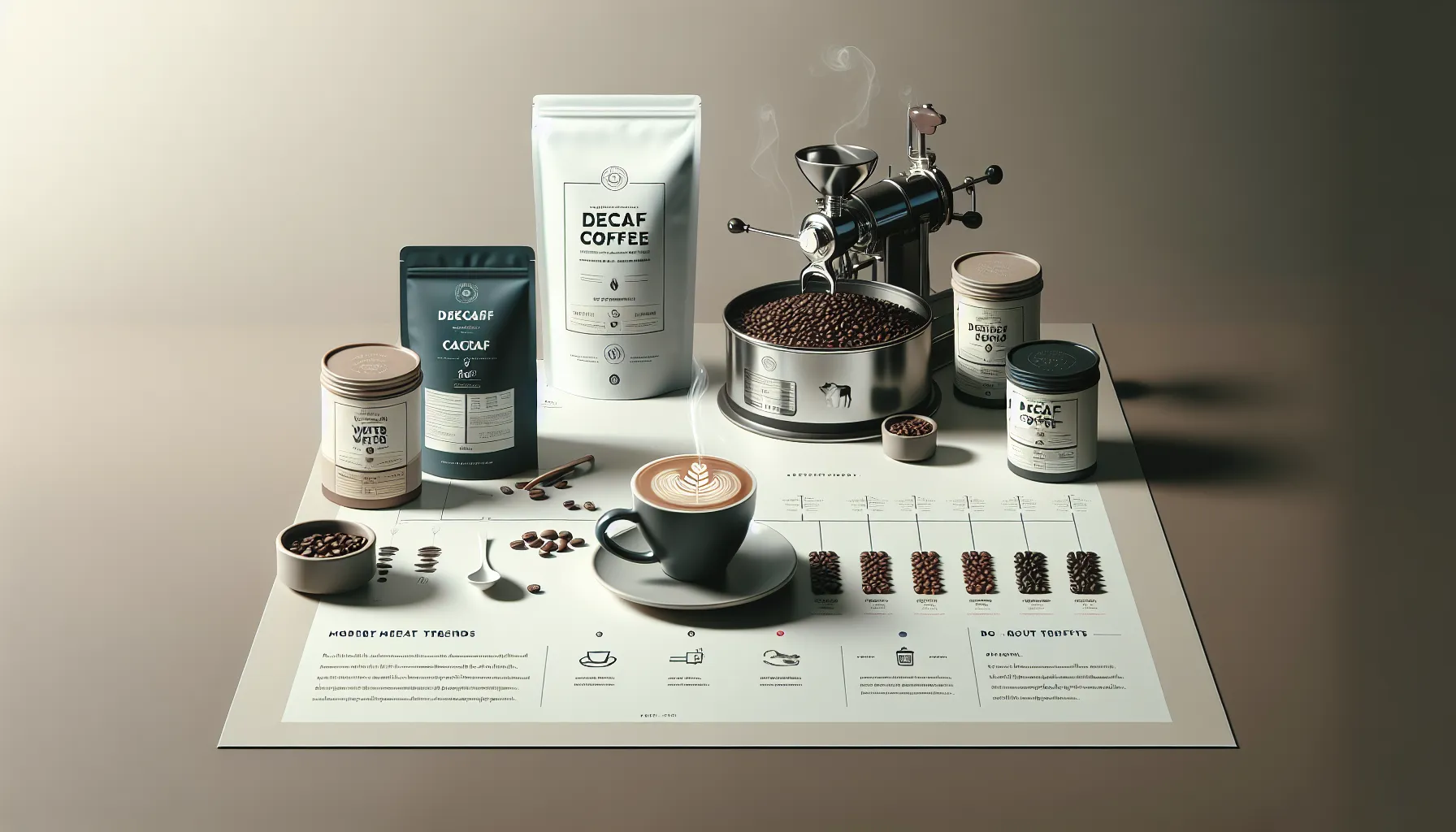
Understanding Decaffeination – The Process Behind the Brew
What is Decaffeination?
Decaffeination refers to the processes that remove caffeine from coffee beans while preserving their essential flavors. The journey of decaf coffee begins with high-quality beans, but extracting caffeine delicately is crucial to maintaining taste integrity. Various methods exist, but they generally fall into two main categories: chemical and non-chemical processes. Swiss Water Process represents a beloved non-chemical method, where water is used to extract caffeine while keeping rich flavors intact. Understanding these methods helps you choose better decaf options that avoid harsh chemicals and deliver the flavor profile you crave.
Decaf isn't just "coffee lite"; it's a complex beverage that, when processed correctly, can deliver an exquisite taste experience that rivals regular brews. You want to know how your coffee is decaffeinated—because it makes a world of difference!
The Importance of the Decaffeination Method
When selecting the best decaf coffee, the method used to decaffeinate plays a pivotal role. Brands utilizing methods like the Swiss Water Process or CO2 extraction prioritize flavor and health, ensuring that the coffee remains rich and enjoyable. In contrast, those employing chemical solvents may compromise taste and leave undesirable residues. Brands like Counter Culture and Stumptown Coffee stand out, providing transparency about their decaffeination methods, allowing you to sip confidently.
Next time you buy decaf, investigate the method used—it’s your ticket to enjoying a flavorful cup!
Impact on Flavor Profiles
The decaffeination method affects not just the caffeine content but also the overall flavor profile of the coffee. For instance, beans treated with the Swiss Water Process typically showcase brighter acidity and more vibrant notes compared to those processed chemically. Additionally, roast levels (light, medium, or dark) further shape the flavor experience. When browsing different brands, be on the lookout for tasting notes that match your preferences, whether you seek rich chocolate undertones or fruity brightness.
Understanding these flavors can elevate your decaf experience, guiding you toward the perfect cup that satisfies your palate.
Top Picks for the Best Decaf Coffee in 2023
Flavor Variety – Choosing the Right Roast
When it comes to finding the best decaf coffee, you’ll discover that roast levels significantly influence taste. Light roasts offer a delicate, nuanced flavor, perfect for highlighting the unique characteristics of the beans. If you prefer something richer, medium roasts strike a balance that can provide both body and brightness.
Dark roasts, on the other hand, deliver a bold flavor profile that often includes notes of dark chocolate and caramel. Knowing your roast preference can guide your decision when exploring decaf options, as each roast type complements different occasions and moods.
Personal Recommendations for Quality Decaf
Now that you know about roast profiles, here are some top recommendations for the best decaf coffee:
- Counter Culture’s Slow Motion Decaf: Rich with dark chocolate and cherry notes.
- Stumptown’s Trapper Creek Decaf: Bright acidity with a smooth chocolate finish.
- Jo Coffee’s No Fun Jo: A dark roast with bold flavors perfect for espresso lovers.
- Kicking Horse Decaf: Organic and rich with hints of cocoa and dried fruit.
- Peet's Decaf Major Dickason’s Blend: Complex, earthy, and satisfying for coffee regulars.
Sampling different brands can lead you towards your perfect fit, so don’t hesitate to experiment until you find your go-to cup!
Where to Buy – Sourcing Quality Decaf Coffee
Finding the best decaf coffee doesn’t stop at flavor; knowing where to buy it is equally critical. You’ll want to choose reputable online retailers or local specialty coffee shops known for their quality offerings. Pay attention to roast dates and sourcing methods—brands that transparently display this information often prioritize freshness and quality. Local roasters or dedicated coffee brands usually take pride in sustainable practices, offering you great taste while supporting ethical sourcing.
As you explore the options, take your time figuring out what works best for your palate. The world of decaf is vast and full of delightful surprises!
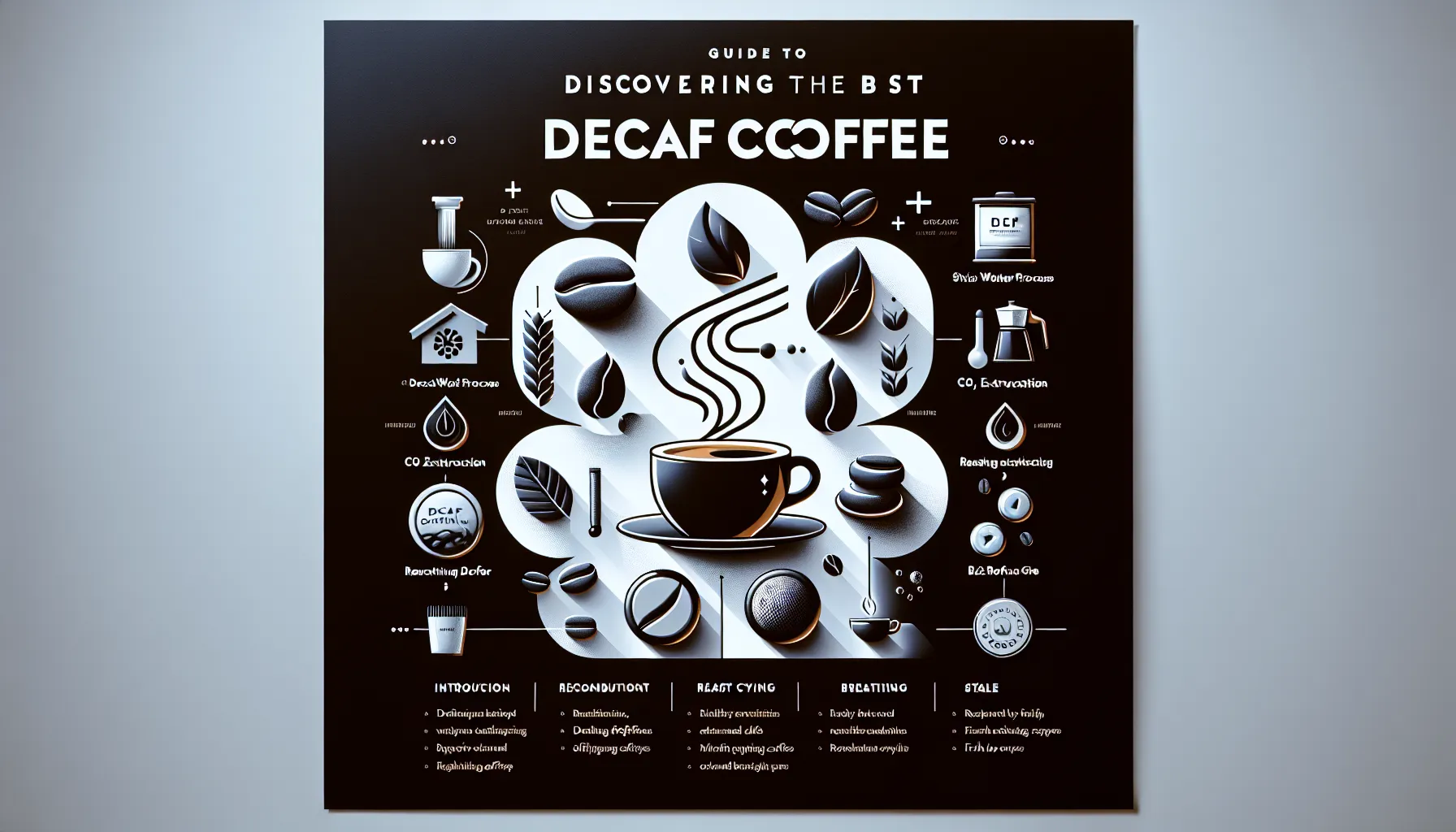
Brewing Techniques for Perfect Decaf Coffee
Optimal Brewing Methods
Getting the best flavor from your decaf involves using the right brewing method. Each technique has its charm and can reveal different qualities within the beans. Pour-over is fantastic for clarity and brightness, allowing you to highlight those intricate notes while also controlling the temperature for optimal extraction. If you're after a richer, bolder cup, the French press is your best bet—the immersion of coffee grounds in hot water helps release those flavorful oils.
Espresso machines also work wonders, delivering a concentrated shot full of robust flavors. For a refreshing option, consider cold brew. With a long steeping time in cold water, it results in a smooth, less acidic cup, making it perfect for warm days or ice coffee enthusiasts.
Tips for Maintaining Freshness
To truly enjoy your decaf, attention to freshness is vital. Coffee beans are at their best shortly after roasting, so look for products that include roast dates on the packaging. Keep your beans in an airtight container in a cool, dark place to avoid exposure to moisture and light. Grinding your coffee just before brewing will further enhance flavor extraction, as ground coffee quickly loses its aromatic qualities, diminishing your experience.
Experimenting with Flavor
Don’t be afraid to play around! Try different ratios of coffee to water and experiment with brew times to find your sweet spot. Adding a splash of cream, flavored syrups, or even a sprinkle of spices can transform your cup, creating something uniquely yours. The world of decaf offers plenty of exciting avenues to explore—get creative!
Health Benefits of Decaf Coffee
Nutritional Advantages
Decaf coffee brings a range of health benefits that make it more than just a caffeine-free alternative. Rich in antioxidants, decaf helps combat oxidative stress and inflammation in the body. Studies have shown that regular consumption of decaf may lower the risk of developing diseases such as type 2 diabetes and certain types of cancer. It’s heart-friendly too, with research indicating that it could help protect liver health and improve overall cardiovascular function.
Incorporating decaf into your daily routine offers both enjoyment and health perks, minus the jitters associated with traditional coffee.
Debunking Common Myths
A common misconception is that decaf coffee contains no caffeine at all. In reality, decaf typically retains about 1-2% of the caffeine found in regular coffee. While this is minimal, it may still affect individuals very sensitive to caffeine. Additionally, some worry decaf isn’t as “healthy” as its caffeinated counterpart. As we’ve discussed, quality decaf can be rich in beneficial compounds—so don’t shy away from it!
Decaf for Everyone
Decaf coffee opens the door for a wider audience by providing options for those who wish to limit their caffeine intake without sacrificing the joy of coffee. From pregnant individuals to those suffering from anxiety or insomnia, quality decaf coffee presents a fantastic way to enjoy the ritual of coffee-drinking. Essentially, it's coffee for all, catering to varied lifestyles and preferences.
Common Mistakes to Avoid When Choosing Decaf Coffee
Overlooking Quality Indicators
When selecting decaf coffee, it's easy to overlook important quality indicators. Certifications like Fair Trade or organic can guide your choices, but remember that they don’t guarantee taste. Seek brands that advertise their sourcing transparency and decaffeination processes, as these often prioritize quality over quantity. Avoid generic, mass-produced brands that might compromise flavor for convenience—they can lead to disappointment in your cup.
Stale Coffee Woes
Stale coffee is a common pitfall in the decaf world. Many commercial options sit on shelves for too long, losing their delicious character and freshness. Opt for freshly roasted beans whenever possible, as they retain vibrant flavors and aromas. Checking the roast date is crucial. If it’s older than a few weeks, consider passing on it.
Remember, freshness is key to enjoying the full potential of your decaf coffee.
Skipping Flavor Testing
Don’t skip out on flavor testing! It’s essential to sample various brands and types before fully committing to one. This will help you understand the different tastes and styles available, which can be quite diverse. Many roasters offer sample packs or single-serve options, making it easy to explore different flavor profiles. Trust your taste buds—they’re the best guide in finding your perfect decaf match!
Cheers to Your Decaf Journey
As we’ve explored the world of decaf coffee, it’s clear that this beloved brew deserves more than just a passing nod. With a variety of decaffeination methods, flavors, and health benefits, there’s so much to appreciate in a good cup of decaf. The exploration doesn't just end with finding your favorite brand or roast type. It's also about savoring the experience—whether it's at a cozy café or in the comfort of your home.
By staying informed and experimenting with different brewing techniques, you can unlock the potential of decaf coffee. It’s a beverage that welcomes everyone, offering a rich tapestry of flavors and cultural connections, helping us enjoy that coffee moment anytime we crave it. So grab your favorite decaf, brew it just right, and raise your cup to the wonderful world of flavor without the jitters!
Frequently Asked Questions
What are the best decaf coffee brands?
Some of the top decaf coffee brands include Counter Culture, Stumptown, Jo Coffee, and Peet’s. Each offers unique flavor profiles and quality methods of decaffeination to ensure a great taste.
How does decaf coffee affect health?
Decaf coffee is rich in antioxidants and can reduce the risk of chronic diseases like type 2 diabetes and liver issues. It’s also a safe option for those sensitive to caffeine, allowing for enjoyment without jitters.
What are the different decaffeination processes?
The most common decaffeination processes include the Swiss Water Process, CO2 extraction, and chemical solvents. The method used can greatly impact the flavor and quality of the coffee.
Can decaf coffee still contain caffeine?
Yes, decaf coffee usually retains about 1-2% of the caffeine found in regular coffee. While minimal, this can affect very sensitive individuals.
What brewing methods are best for decaf coffee?
Preferred brewing methods for decaf include pour-over for clarity, French press for richness, espresso for boldness, and cold brew for a smooth, refreshing taste. Each method brings out different flavor notes.





